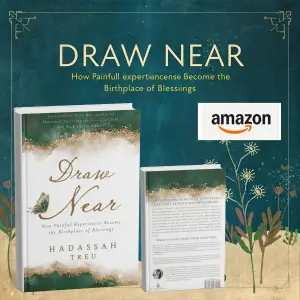Review of Jävla karlar by Andrev Walden
When I first stumbled upon Andrev Walden’s Jävla karlar, the title alone was enough to pique my curiosity. There’s something undeniably magnetic about a book that seems to embrace both humor and raw honesty, and I was eager to dive into its pages. To my delight, Walden’s unique narrative style transformed my reading experience into a rollercoaster filled with wit, reflection, and a touch of madness.
At its core, Jävla karlar is a coming-of-age tale, presented through the eyes of a boy navigating childhood with seven different father figures over seven tumultuous years. This premise instantly sets the stage for a wild exploration of identity, family dynamics, and the chaotic nature of growing up. The boy’s perspective is refreshingly candid; with each new “pappa” (father), he grapples with uncertainty, encapsulated beautifully in the line: “Pappor är som väder och växtvärk. Man väljer inte när de ska börja eller sluta.” This metaphor not only highlights the unpredictability of fatherhood but also captures the essence of a child’s attempt to understand an ever-shifting reality.
As I followed the boy’s journey, I was struck by both the humor and the underlying seriousness of his experiences. Walden delivers his narrative with a rhythm that feels both urgent and playful—like a hamster racing in a wheel. It’s a style that genuinely keeps the reader engaged while cleverly avoiding excessive sentimentality. The author’s humor shines through, particularly in the descriptions of the various fathers: the whimsical Växtmagikern, the ominous Mördaren, and others, each distinctly drawn with a playful absurdity.
Yet, it’s important to acknowledge that while the writing is often sprinkled with humor, it carries a weighty truth about family struggles. The boy’s relationship with his mother is particularly poignant, a pillar of strength amid the chaos of his childhood. Walden’s choice to dedicate the book to her (with an endearing note—“Obs. ej passivt aggressivt”) adds layers to the narrative and evokes empathy for her character. It made me reflect on the complexities of adulthood and parenting, and how easily we can gloss over the struggles faced by those we love.
Of course, no book is without its flaws. I found some of the humor leaning toward the juvenile or excessive, taking me out of the poignant moments Walden carefully crafted. At times, the exploration of certain themes felt a bit grabbier or over-the-top, reminiscent of Häng city but lacking in depth. Nevertheless, the overall experience was significantly enriched by Walden’s vibrant language. The way he plays with words—how “blickar vräker sig” or how hands “springer på ratten”—instantly pulls you into a vivid world where even mundane moments feel alive.
In conclusion, I wholeheartedly recommend Jävla karlar to anyone who appreciates a blend of humor and heartfelt storytelling. It’s a read that resonated deeply with me, making me reflect on my own family dynamics and the often confusing terrain of growing up. Whether you’re a fan of quirky narratives or simply in search of a book that will prompt laughter and contemplation, Andrev Walden’s work offers a memorable and engaging ride. I, for one, look forward to exploring more of his writing in the future!






